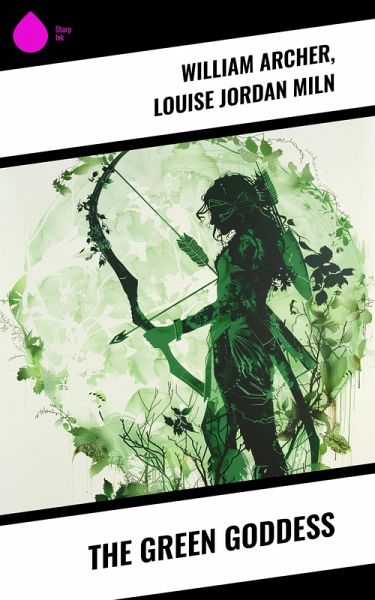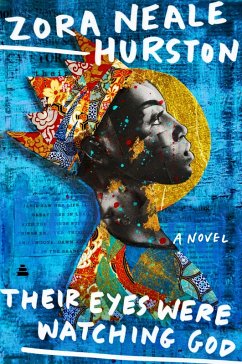
The Green Goddess (eBook, ePUB)
Versandkostenfrei!
Sofort per Download lieferbar
2,13 €
inkl. MwSt.
Weitere Ausgaben:

PAYBACK Punkte
0 °P sammeln!
In "The Green Goddess," the themes of faith, power, and cultural intersections are meticulously explored through a diverse tapestry of stories. This anthology brings together an array of literary styles, from gripping drama to contemplative essays, each echoing the rich thematic diversity of the collection. Within its pages lie narratives that unravel the complex relationships between the seen and the unseen forces that shape our world, offering a compelling cross-section of cultural discourse and introspection. Contributing authors William Archer and Louise Jordan Miln craft a compelling dial...
In "The Green Goddess," the themes of faith, power, and cultural intersections are meticulously explored through a diverse tapestry of stories. This anthology brings together an array of literary styles, from gripping drama to contemplative essays, each echoing the rich thematic diversity of the collection. Within its pages lie narratives that unravel the complex relationships between the seen and the unseen forces that shape our world, offering a compelling cross-section of cultural discourse and introspection. Contributing authors William Archer and Louise Jordan Miln craft a compelling dialogue around cultural and spiritual exploration. Archer, known for his acumen in dramatic critique, and Miln, a revered chronicler of cross-cultural narratives, lend their voices to this collective. Their works, nestled within the broader literary context of the early 20th century, resonate with movements that sought to reconcile traditional with modern viewpoints. Together, they provide a richly textured exploration of themes that were remarkably prescient for their time. This anthology promises an enlightening journey through a confluence of perspectives. Readers are offered a unique opportunity to engage with narratives that challenge and expand their worldview. It serves as both an educational tool and a literary feast, prompting reflection and dialogue across cultural and temporal boundaries that continue to resonate today.
Dieser Download kann aus rechtlichen Gründen nur mit Rechnungsadresse in A, B, BG, CY, CZ, D, DK, EW, E, FIN, F, GR, HR, H, IRL, I, LT, L, LR, M, NL, PL, P, R, S, SLO, SK ausgeliefert werden.













